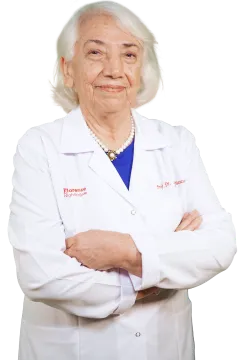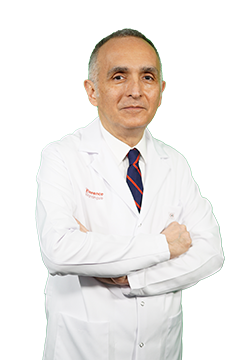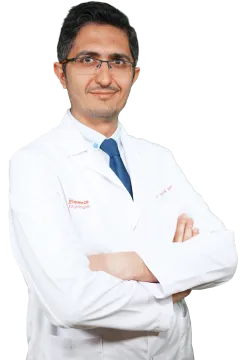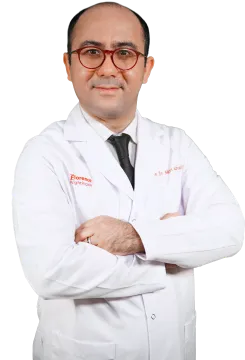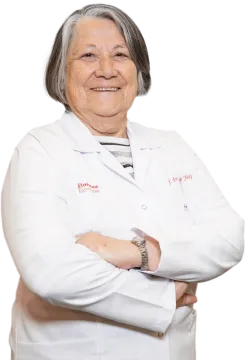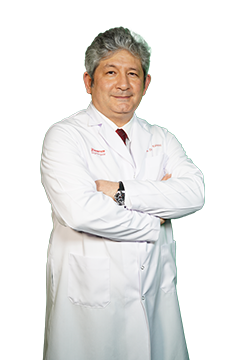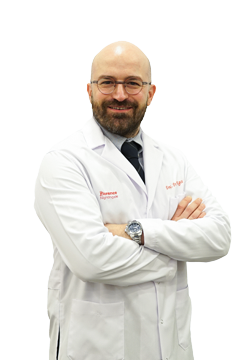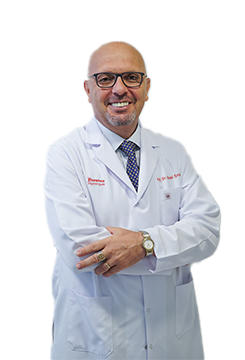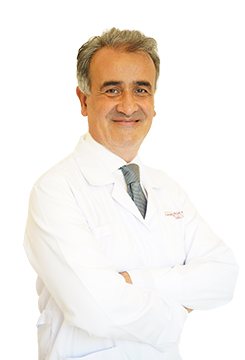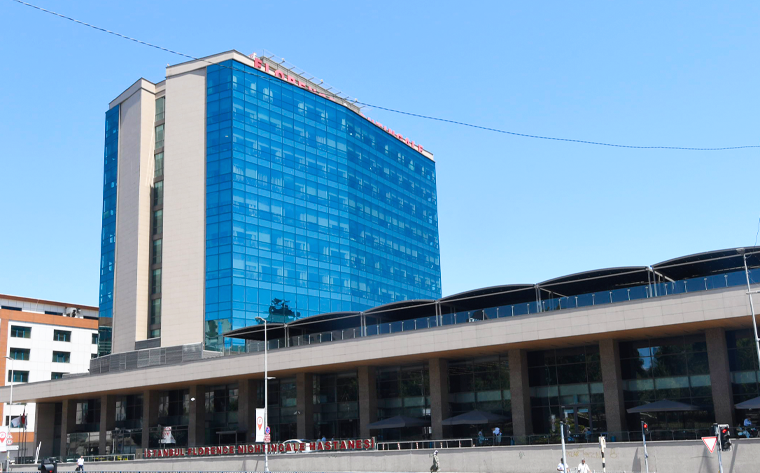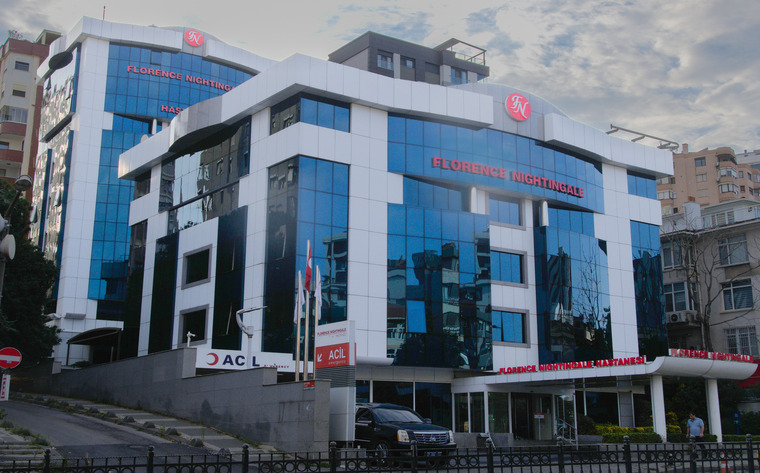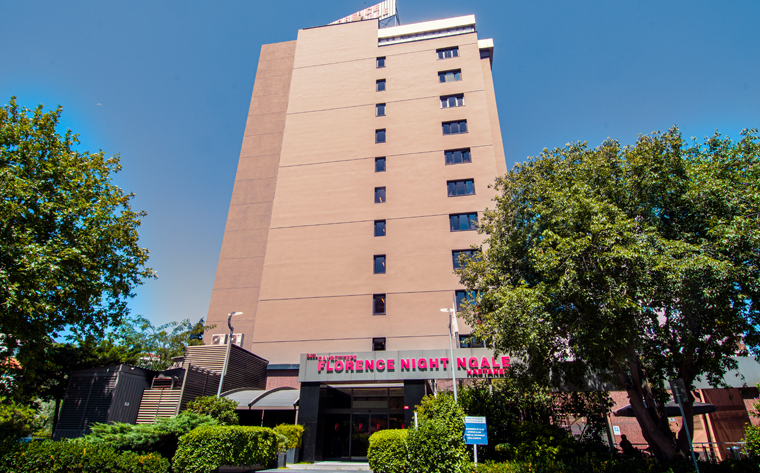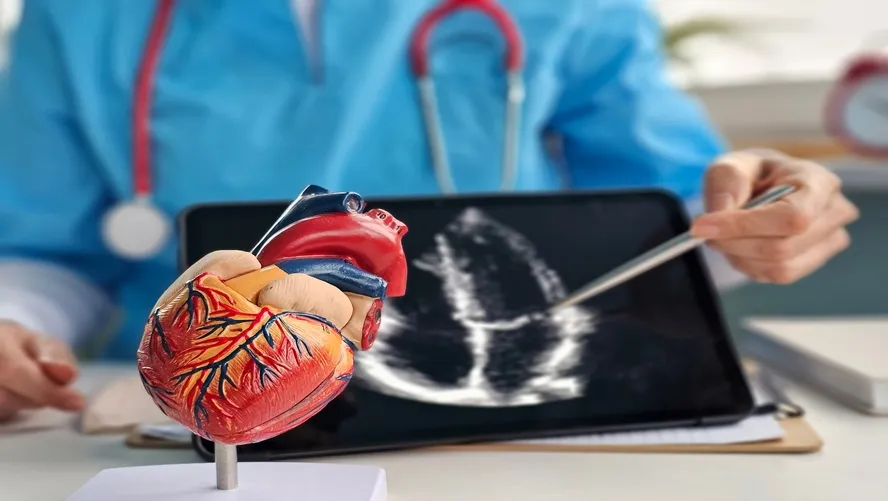
The cardiology department is a medical discipline that specializes in the diagnosis and treatment of cardiovascular diseases. This department treats various cardiovascular diseases such as heart attack, high blood pressure, coronary artery disease, and heart failure. Cardiology doctors offer a variety of diagnostic methods and treatment options to protect and improve patients' heart health.
About Cardiology Department
The cardiology department deals with the prevention, diagnosis and treatment of cardiovascular diseases. Cardiology doctors working in this department evaluate the general heart health of patients and apply advanced examination and treatment methods when necessary. Cardiology is one of the most important and rapidly developing areas of modern medicine.
Who is a Cardiology Specialist and What Are Their Duties?
A cardiologist is a doctor who is trained in cardiovascular diseases and specializes in this field. Their duties include examining patients, making a diagnosis, creating a treatment plan, and monitoring the treatment process. Cardiologists evaluate patients' heart health by performing various tests such as ECG, echocardiography, and stress tests.
What Diseases Does Cardiology Cover?
Cardiology is the branch of medicine that deals with the diagnosis, treatment and prevention of diseases of the heart and vascular system. Cardiology doctors use various methods to maintain heart and vascular health and treat diseases. Here are the main diseases covered by cardiology:
1. Coronary Artery Disease (CAD)- Definition: It is the narrowing or blockage of the coronary arteries that feed the heart muscle.
- Symptoms: Chest pain (angina), shortness of breath, heart attack.
- Treatment: Medications, lifestyle changes, angioplasty, bypass surgery.
- Definition: A condition in which the heart is unable to pump enough blood to the body.
- Symptoms: Shortness of breath, fatigue, swelling in the legs.
- Treatment: Medications, lifestyle changes, device therapies, surgical interventions.
- Definition: It is a condition where the heart rhythm is irregular.
- Symptoms: Palpitations, dizziness, fainting.
- Treatment: Medications, ablation therapy, pacemaker implantation.
- Definition: A condition in which blood pressure is higher than normal.
- Symptoms: It usually does not cause symptoms but can lead to serious complications.
- Treatment: Medications, lifestyle changes.
- Definition: A condition in which the heart valves do not work properly (narrowing or insufficiency).
- Symptoms: Shortness of breath, fatigue, palpitations.
- Treatment: Medications, valve repair or replacement.
- Definition: A structural or functional disorder of the heart muscle.
- Symptoms: Shortness of breath, swelling in the legs, palpitations.
- Treatment: Medications, device therapies, surgical interventions.
- Definition: Inflammation of the pericardium.
- Symptoms: Chest pain, shortness of breath, fever.
- Treatment: Medication, rarely surgery.
- Definition: These are anomalies in the heart structure that are present from birth.
- Symptoms: Blue skin (cyanosis), shortness of breath, developmental delay.
- Treatment: Surgical interventions, catheterization methods.
- Definition: It is a condition where there is narrowing or blockage in the veins away from the heart (especially in the legs).
- Symptoms: Leg pain, cramps, difficulty walking.
- Treatment: Medications, angioplasty, surgical interventions.
10. Aortic Aneurysm and Dissection
- Definition: It is the dilation or rupture of the aortic artery.
- Symptoms: Severe chest or back pain, low blood pressure.
- Treatment: Immediate surgical intervention.
Cardiologists specialize in diagnosing and treating these and other cardiovascular diseases. Early diagnosis and appropriate treatment are vital to managing these diseases.
What Are Cardiology Examinations?
Cardiology exams include various tests and examinations to evaluate heart health. These exams include EKG, echocardiography, Holter monitor, stress test and coronary angiography. Cardiology doctors learn about the structure and functions of the heart through these tests.
What Methods Are Used in the Treatment of Cardiology Diseases?
The methods used in the treatment of cardiological diseases vary according to the type and severity of the disease. Drug treatments, lifestyle changes, surgical interventions and invasive procedures are the most commonly used methods. Cardiology doctors play an important role in protecting and improving the health of patients by determining the most appropriate treatment plan for them.
When Should You Go to the Cardiology Department?
There may be certain symptoms or risk factors that may prompt a visit to the cardiology department. Symptoms such as chest pain, shortness of breath, irregular heartbeat, dizziness, and fainting may require a visit to a cardiologist. It is also important for people at risk of heart disease to have regular checkups and examinations.
What is Done During a Cardiology Examination?
During a cardiology exam, the doctor will listen to the patient's medical history and symptoms. He or she will perform a physical exam, may perform tests such as an EKG, and may use advanced imaging techniques if necessary. This exam is done to evaluate the health of your heart and blood vessels and identify potential problems.
